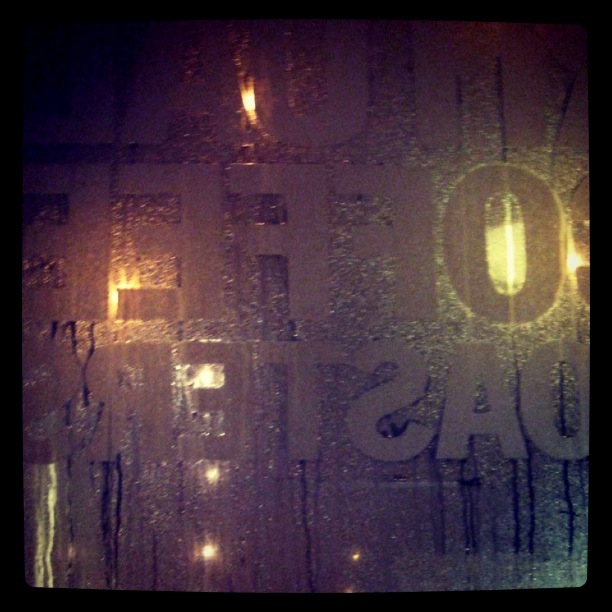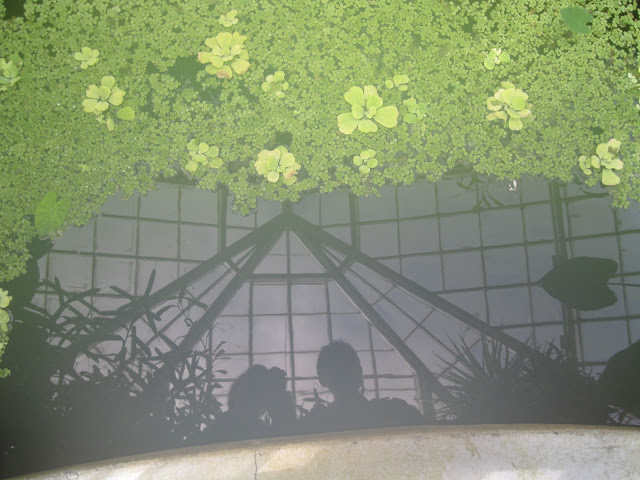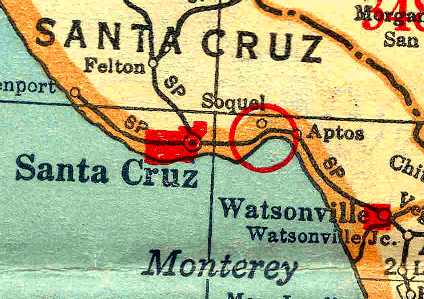Wednesday, February 29, 2012
Happiness
Because yesterday morning from the steamy window
we saw a pair of red foxes across the creek
eating the last windfall apples in the rain—
they looked up at us with their green eyes
long enough to symbolize the wakefulness of living things
and then went back to eating—
and because this morning
when she went into the gazebo with her black pen and yellow pad
to coax an inquisitive soul
from what she thinks of as the reluctance of matter,
I drove into town to drink tea in the cafe
and write notes in a journal—mist rose from the bay
like the luminous and indefinite aspect of intention,
and a small flock of tundra swans
for the second winter in a row was feeding on new grass
in the soaked fields; they symbolize mystery, I suppose,
they are also called whistling swans, are very white,
and their eyes are black—
and because the tea steamed in front of me,
and the notebook, turned to a new page,
was blank except for a faint blue idea of order,
I wrote: happiness! it is December, very cold,
we woke early this morning,
and lay in bed kissing,
our eyes squinched up like bats.
*Poetry by Robert Hass from Sun Under Wood + Photography by Andrea taken in Golden Gate Park, May 2011.
Tuesday, February 28, 2012
Monday, February 27, 2012
What Rain Brings
In a Station of the Metro
The apparition of these faces in the crowd;
Petals on a wet, black bough.
The apparition of these faces in the crowd;
Petals on a wet, black bough.
Ezra Pound
*Photo taken by Andrea @ Milk + Honey
Meditation at Lagunitas
All the new thinking is about loss.
In this it resembles all the old thinking.
The idea, for example, that each particular erases
the luminous clarity of a general idea. That the clown-
faced woodpecker probing the dead sculpted trunk
of that black birch is, by his presence,
some tragic falling off from a first world
of undivided light. Or the other notion that,
because there is in this world no one thing
to which the bramble of blackberry corresponds,
a word is elegy to what it signifies.
We talked about it late last night and in the voice
of my friend, there was a thin wire of grief, a tone
almost querulous. After a while I understood that,
talking this way, everything dissolves: justice,
pine, hair, woman, you and I. There was a woman
I made love to and I remembered how, holding
her small shoulders in my hands sometimes,
I felt a violent wonder at her presence
like a thirst for salt, for my childhood river
with its island willows, silly music from the pleasure boat,
muddy places where we caught the little orange-silver fish
called pumpkinseed. It hardly had to do with her.
Longing, we say, because desire is full
of endless distances. I must have been the same to her.
But I remember so much, the way her hands dismantled bread,
the thing her father said that hurt her, what
she dreamed. There are moments when the body is as numinous
as words, days that are the good flesh continuing.
Such tenderness, those afternoons and evenings,
saying blackberry, blackberry, blackberry.
By Robert Hass
Sunday, February 26, 2012
This quiet, yet extremely critical girl
“Cutting a highly original profile, Mary Flannery was generally accepted as the ‘creative’ girl dressed in a plaid skirt, rolled sleeves, and a pair of brown Girl Scout shoes, her school notebook, painted in oils and covered with cellophane.”
Monday, February 20, 2012
Friday, February 17, 2012
Facing West From California's Shores
Inquiring, tireless, seeking what is yet unfound,
I, a child, very old, over waves, towards the house of maternity, the land of
migrations, look afar,
Look off the shores of my Western sea, the circle almost circled;
For starting westward from Hindustan, from the vales of Kashmere,
From Asia, from the north, from the God, the sage, and the hero,
From the south, from the flowery penisulas and the spice islands,
Long having wander'd since, round the earth having wander'd,
Now I face home again, very pleas'd and joyous,
(But where is what I started for so long ago?
And why is it yet unfound?)
By Walt Whitman
(Photo by Andrea in Berkeley facing West)
A Constant State of Amazement
How else can I capture moments too breathtaking for words but by the click of a shutter? There is beauty everywhere. If only people opened their eyes, mouths, hearts, ears, hands, and encountered the world around us that is truly spectacular--even during mundane moments--then they would notice this and more:
All photos taken by Andrea in various locations throughout California.
Wednesday, February 15, 2012
Saturday, February 11, 2012
Wednesday, February 1, 2012
Ideal Cosy Nook
Lost among the pine trees, the fields, and the rivers (it is an old ranch that was donated to the university), and made up of little blocks, each one out of sight of the others, like the people who live in them: this one is Santa Cruz. It's a bit like the Bermuda Triangle (or Santa Barbara). Everything vanishes. Everything gets sucked in. Total decentering, total community. After the ideal city of the future, the ideal cosy nook. Nothing converges on a single point, neither the traffic, nor the architecture, nor authority. But, by that very token, it also becomes impossible to hold a demonstration: where could you assemble? Demonstrations can only go round and round in the forest, where the participants alone can see them. Of all the California campuses, famous for their spaciousness and charm, this is the most idealized, the most naturalized. It is the epitome of all that is beautiful. Famous architects designed the buildings and the bays of Carmel and Monterey stretch out all around. If the conviviality of the future already exists somewhere, then this must be the place. And yet this freedom, protected both by the pleasantness of the vegetation and by academic openness, becomes its own prisoner once again, immured in a natural and social overprotectedness which ends up producing all the agonies of the carceral universe (precisely by virtue of its walls, the carceral system may in certain conditions evolve in the direction of utopia more rapidly than open social systems). Society has become emancipated here as nowhere else on earth. The psychiatric hospitals have been opened up, public transport is free, and yet paradoxically this ideal has become closed in on itself as if behind a wall of glass.
A paradisiac and inward-looking illusion. We might understand why Lyotard calls the "Pacific Wall" as the wall of crystal that imprisons California in its own beatitude. But whereas the demand for happiness used to be something oceanic and emancipatory, here it comes wrapped up in a fetal tranquility.
**Excerpt "Ideal Cosy Nook" is from America by Jean Baudrillard**
Subscribe to:
Comments (Atom)








































